.jpg)
‘HSE Instructors Are the Kind of Specialists You Usually Only Dream of Meeting’
Anna-Marie Sargsyan not only graduated with honours from the Master’s programme Marketing Communications and Advertising in Modern Business but also went on to teach the course and later opened a business school in her native Armenia where she teaches future marketing professionals. In this interview with Success Builder, she explains why foreign students choose HSE University programmes, why a marketing professional always has an ‘ethnic’ aspect and how a business can find a common language with clients who have seen it all.
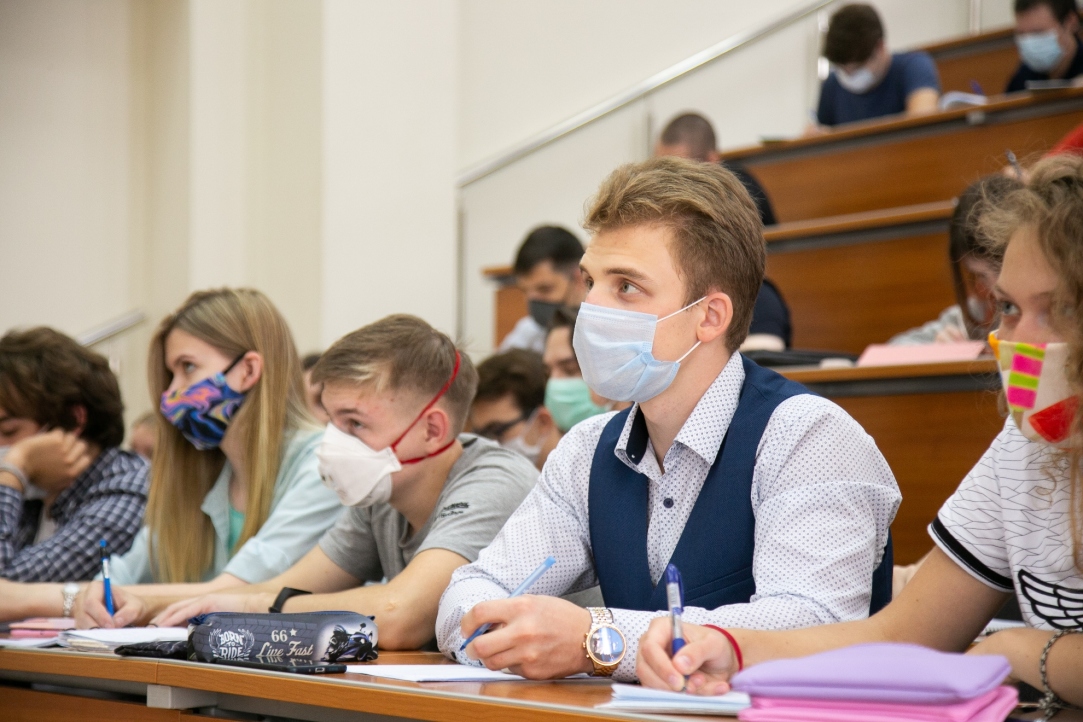
Online Courses, ESG, Digital Competencies, and More: New Opportunities at HSE University in 2022
HSE University is set to significantly update its range of bachelor’s and master’s programmes for the next academic year, with changes coming to course content and various organizational aspects of the educational process. HSE University Vice Rector Sergey Roshchin spoke about the changes that await students joining the university in the 2022/23 academic year.
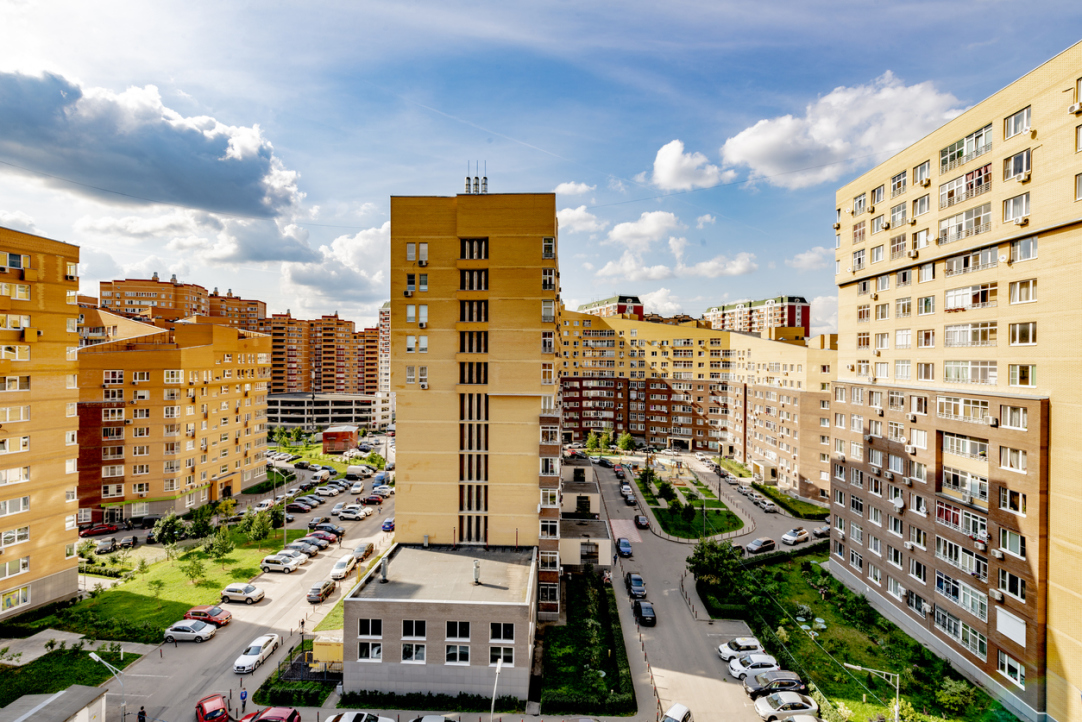
Two Worlds of Residents: Car Owners Look at Shared Urban Courtyards Differently from Pedestrians
Researchers from HSE University and St. Petersburg State University of Architecture and Civil Engineering (SPSUACE) used eye tracking to study how residents who own cars and those who don’t look at the shared courtyards of multistorey apartment buildings. The study was published in Urban Forestry & Urban Greening.
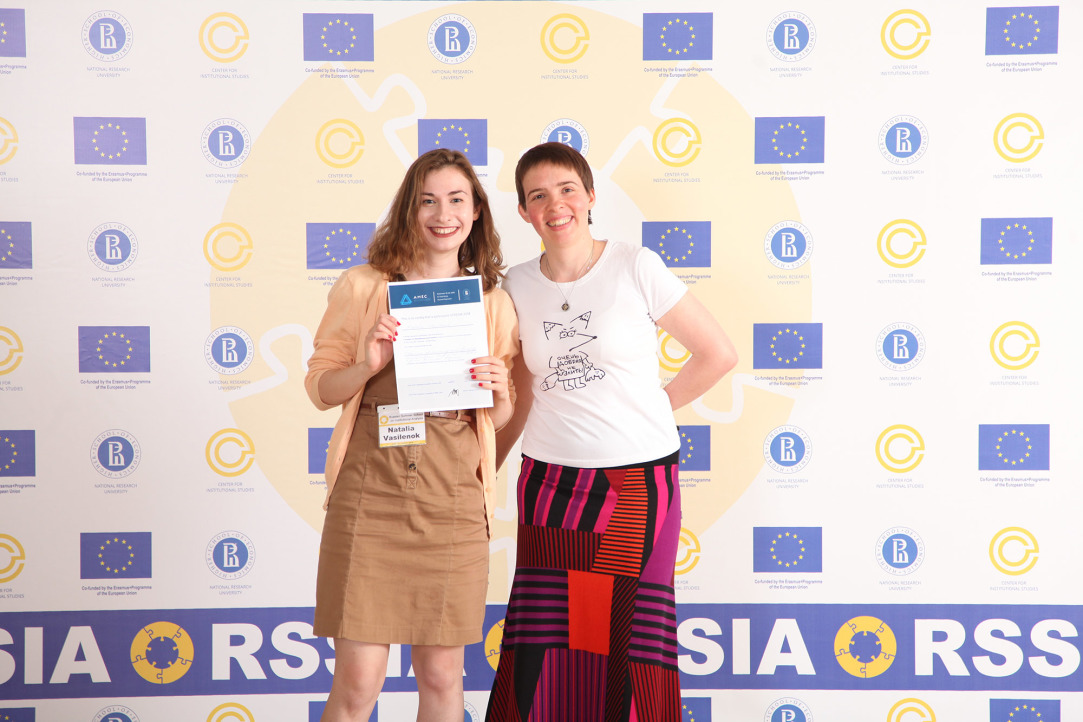
Economic Empowerment at HSE University
HSE University alumna Dr. Elena Podkolzina recently became an academic supervisor of the newly established master's programme in Economics and Economic Policy. Having been part of HSE University for nearly 25 years now, Dr. Podkolzina recalls her student years and shares her experience as deputy director of the Center for Institutional Studies.
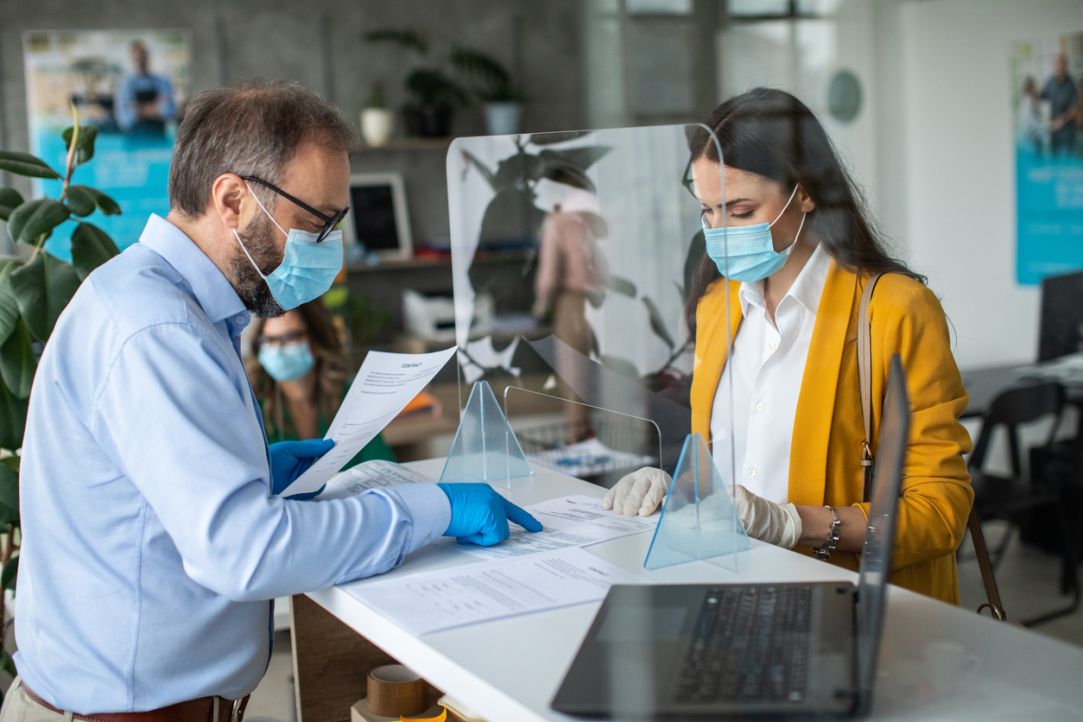
Do Banks Always Need to Know as Much as Possible about Borrowers?
Economists from HSE University have demonstrated that collecting as much information as possible about borrowers does not always decrease banks’ risks. Sometimes, more is not better: on the contrary, increasing the volume of data might increase the risks of loan defaults to a certain extent. The study was published in the WP BRP HSE University, Series: Financial Economics series of working papers.

Risk-Taking Propensity Significantly Contributes to Entrepreneurship
Risk-takers are thought to be more likely to set up and grow their own ventures because business involves many risks. This does not apply to all entrepreneurial situations, but only to those where people have realized that running their own business is something they really want, not something they are pushed to do.
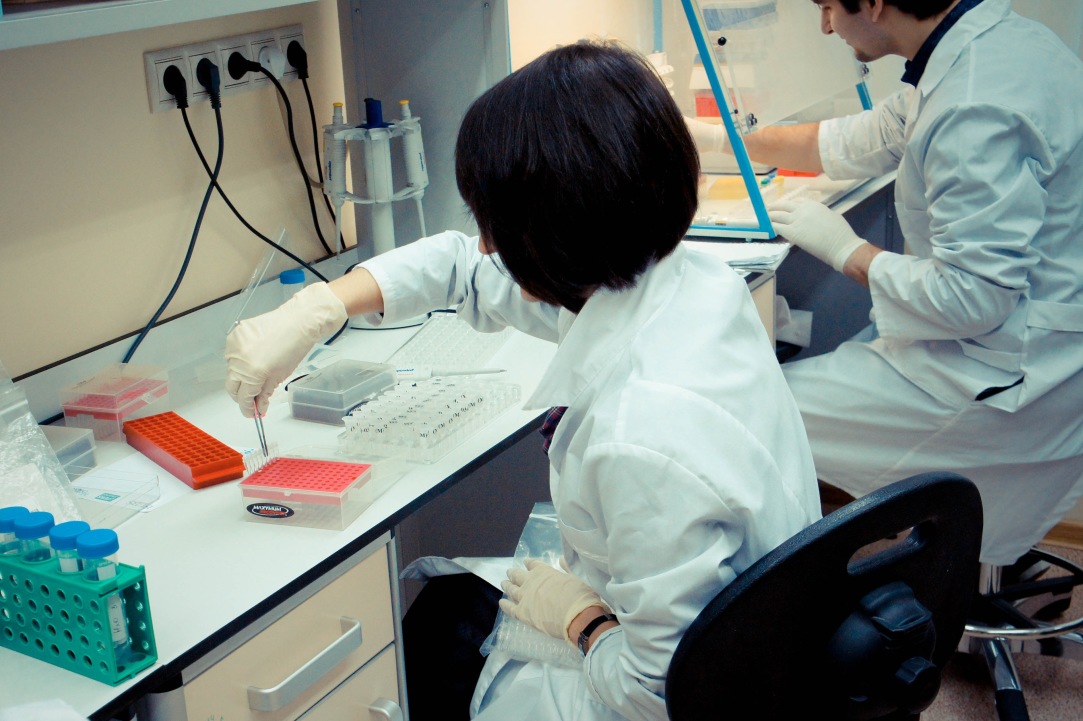
Laboratory for Molecular Mechanisms of Ageing Opens at HSE University
The decision to create the laboratory was based on the results of an open competition organised by HSE University. The winner of the competition was the project ‘The role of non-coding RNA in facilitating active ageing’ led by Maxim Shkurnikov, Associate Professor of the HSE University Faculty of Biology and Biotechnology.
.jpg)
‘Master’s in Comparative Social Research Is a Perfect Fit for My Academic Needs’
Aleena Khan, from Pakistan, is currently pursuing a master's in Comparative Social Research at HSE University, Moscow. Despite studying online in the first semester, she already feels part of the HSE student community. In her interview, Aleena talks about the admissions process, her favourite courses, and her general impressions.

‘Working on the Fringes of Philosophy and Discovering New Territory’
On January 10-11, metaphysics negativity research group from the HSE University School of Philosophy held its first international event, an online conference entitled ‘Defining Nothingness’. One of the members of the organizing committee, as well as some of the international participants share their impressions and talk about their research.
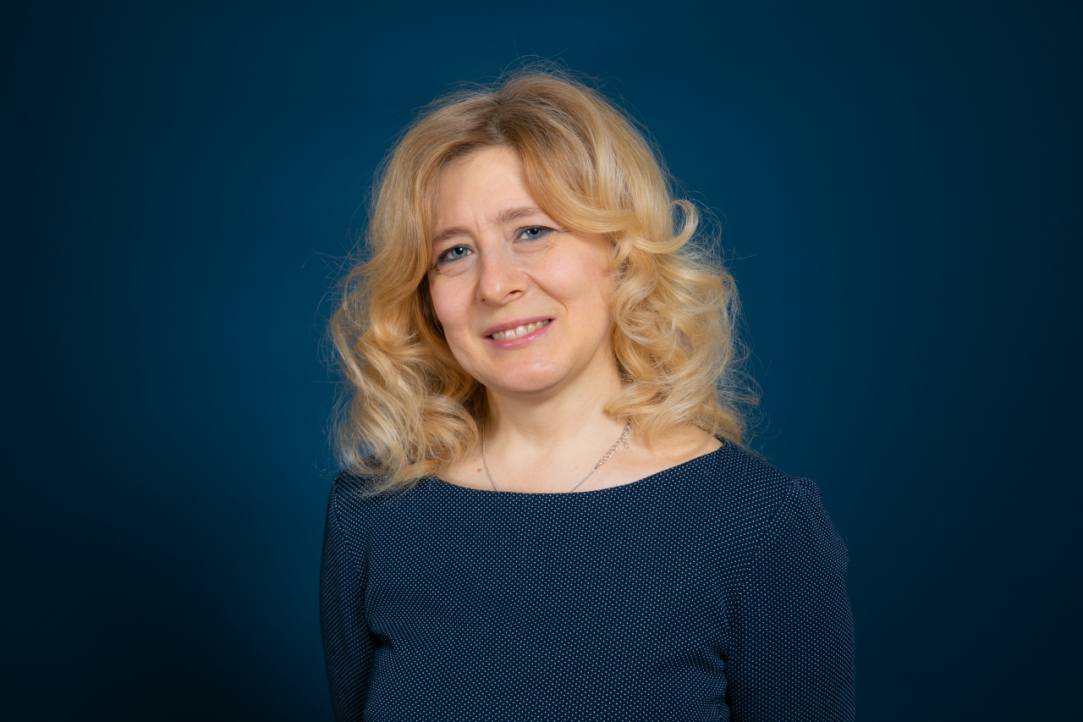
‘I Try to Teach Students to Understand the Material, Not Just Memorise It’
Alla Fridman has been teaching at ICEF since 2001, working with the programme’s first graduating class. She witnessed the evolution of ICEF and played an active role in its development. In this interview, Ms. Fridman describes how Russian universities survived the economic reforms of the 1990s, why students either love or hate their teachers and how the university can help your personal life.


Registration deadline - April 30